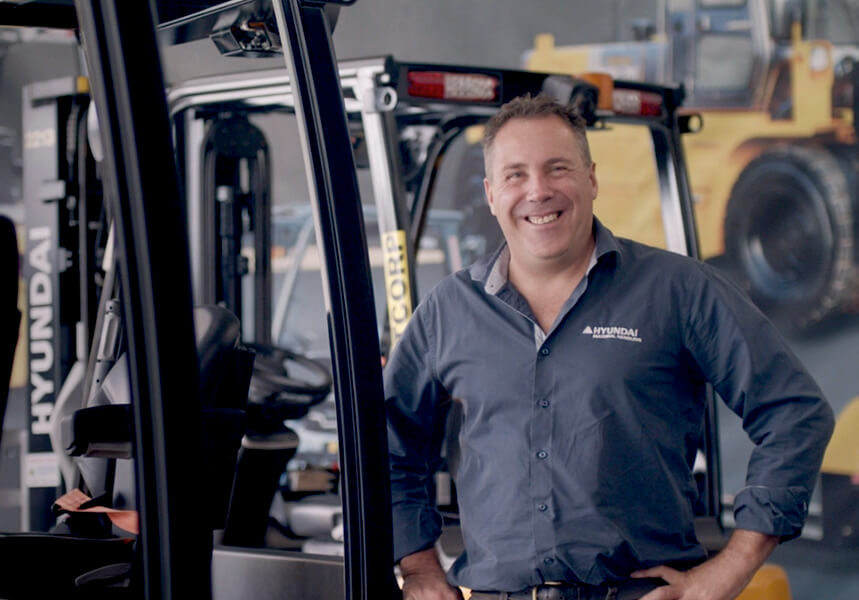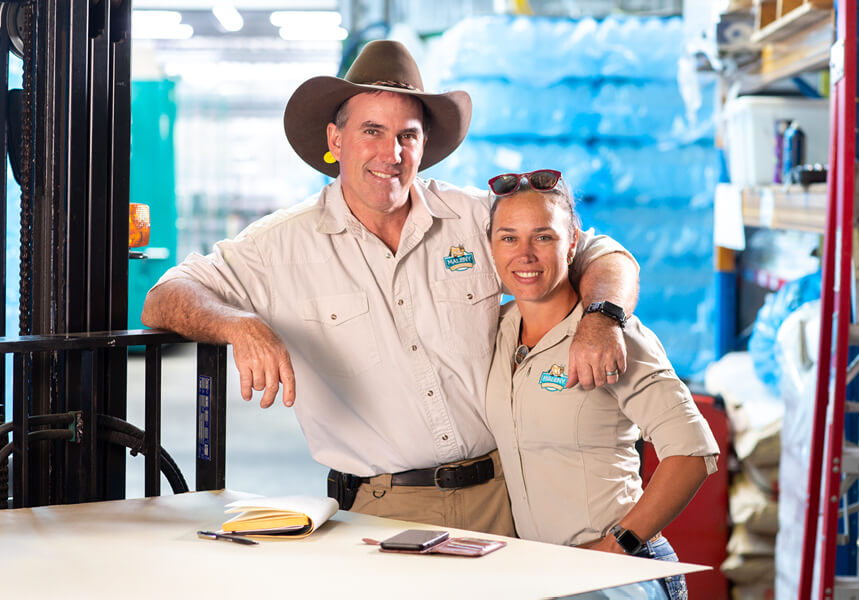When you are setting up a new business, there are so many things to think about that it can become overwhelming. That’s why we put together this checklist of the most important things you need to do when you are starting a new business in Australia.
1. Do your research
One of the most common reasons small businesses fail is that there is no market driven need for their product or service. So, the most important first step you need to take when you are setting up a business is to conduct research to establish if your idea is viable. Your research should help you understand:
- If there is a market for your planned products and services
- Current and future trends
- Who your competitors are and how they will react to you starting a new business
- Who your target audience is and what will motivate them to do business with you. Asking a potential customer to switch from their existing provider/ supplier is a major decision on their part, so aim to speak with a small potential customer base initially to gauge demand for your products and services.
- What will it cost to start-up and run your business noting that:
- Initial capital expenditure is often under-estimated; and
- Supplier terms for new business entrants can be quite restrictive.
2. Write a business plan
When you are starting a new business, writing a business plan will be a vital first step in helping you identify if your idea is viable and what business funding you will need. It also sets out your business goals and the steps you will take to achieve them. This in turn then acts as a guide or roadmap for your business and therefore becomes an invaluable tool for your business to succeed.
Importantly, if you need to secure funding for your start-up, you will also need a business plan to apply for a small business loan or write a business case for potential investors.
Find out more about how to write a business plan for your small business.
3. Calculate your costs, budget and forecasts
In order to establish if your idea is financially viable, you will need to estimate the costs of starting and running your business. Although every business is different, there are common costs for any start-up business to consider, regardless of whether you are planning a ‘bricks-and-mortar’ start-up, an online business or buying into an existing business or franchise. See our tips for how to calculate the cost of setting up your new business.
As part of this process, you will also have to anticipate your projected sales, establish your pricing structure and prepare a budget for your operating costs. BOQ advises talking to your accountant or a small business banking expert to understand what business funding you will need to launch your start-up.
4. Choose a business structure
Choosing what kind of business structure you want to operate your small business as – a sole trader, partnership or company – will determine a number of factors including how much business tax you will pay, your legal status, how much administration you’ll need to do and your ability to raise funds (e.g. through attracting investors or selling shares in your business).
It’s important that you consult your accountant and/or solicitor to understand what the best option is for you, as well as the legal and financial steps you will need to take to set up your business correctly.
5. Sort out your finances
When it comes to sorting out your finances, there are a few important things you will need to tick off including:
- Cleaning up your personal finances (you will need to have your financial records organised if you need to apply for a business loan)
- Determining if you need to apply for a small business loan, business credit card or any other kinds of business funding
- Set up a business bank account
- Appointing an accountant and/ or bookkeeper
- Registering your business and applying for GST payments
- Setting up your small business accounting systems, reporting and processes
- Managing your cash flow
6. Set up your premises
Finding the right location for your new business can be a time-consuming and costly process. The factors that determine what will be the best location for your business will vary depending on the type of business you are starting and the sector you work in. However, there are some basic fundamentals to understand when it comes to finding the perfect location and the costs associated with buying, leasing, fitting out and running your new business premises.
See our tips for how to find the best location for your start-up business here.
7. Register your business
When it comes to starting a business in Australia, there are some important things you need to know about how to apply for a business name, registering it, protecting your intellectual property (IP) and buying your domain name.
BOQ recommends speaking with your accountant or a small business banking expert to ensure that you take the relevant steps to set up your business properly. The Australian Government’s website (business.gov.au) offers valuable information for small business owners including details about how to register your business name.
8. Hire staff
One of the biggest challenges that most small business owners face is hiring and retaining staff. In a small business, every employee can have a big impact on the culture you create – for better or worse. On top of finding the right people to help run your business, you also need to have strategies in place to build and maintain employee morale, retain staff and ensure productivity remains high.
9. Write your marketing strategy and plan
The first step you need to take in when working out how to market your business is doing your research, as it will give you an understanding of who your target audience is, what motivates them and how to promote your products and services to them. The next step is to develop your marketing strategy, set yourself a budget and plan your marketing activities.
Tip: Digital (online) marketing is now one of the most common and effective methods of marketing. Having a website is necessary but is not enough to drive potential customers to your business. There are a number of digital marketing businesses and freelancers who specialise in assisting with digital strategy and social media platforms for small business.
When you are running an SME business, money can be tight – especially in the start-up phase. The good news is that marketing your business doesn’t have to cost the world. Find our tips for how to market your small business on a budget.
10. Get the support you need
When you are starting a small business, it’s not unusual to feel alone, overwhelmed or on the verge of losing focus and giving up. Fortunately, there are a lot of places to turn to for help including your accountant or business banking expert, getting access to government support for small business, finding a business mentor or local business-to-business support group to ask for help. Signing up for an online business course or tapping into some of the best business podcasts around is also a good way to learn and learn tips from other small business owners.
Resources:
The Australian Government’s business.gov.au website offers valuable information for small business owners including a guide to starting a business and details about government support, services, grants and loans.
The Australian Securities and Investments Commission (ASIC) website includes information on how to conduct an Australian business name search and register your business name.
The Australian Government Business Registration Service (BRS) combines several business and tax registrations in one place, making it even easier to start a business.
Australian State and Territory Governments also offer advice and support for small business owners through the following:
Contact us to find out more about how BOQ Business can support your small business






